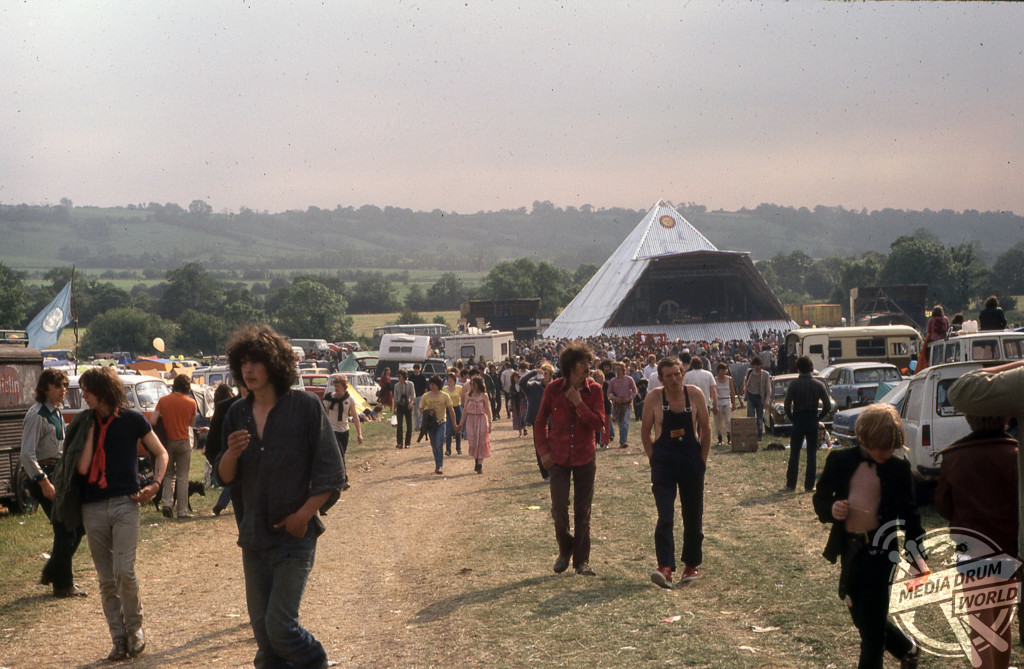By Mark McConville
WITH FESTIVAL season well underway in the UK a new book has revealed the origins of the country’s festival culture.
Nostalgic pictures showcased in the book include people enjoying themselves at Reading Festival in 1973, Glastonbury in 1981 and the Isle of Wight festival in 1970.
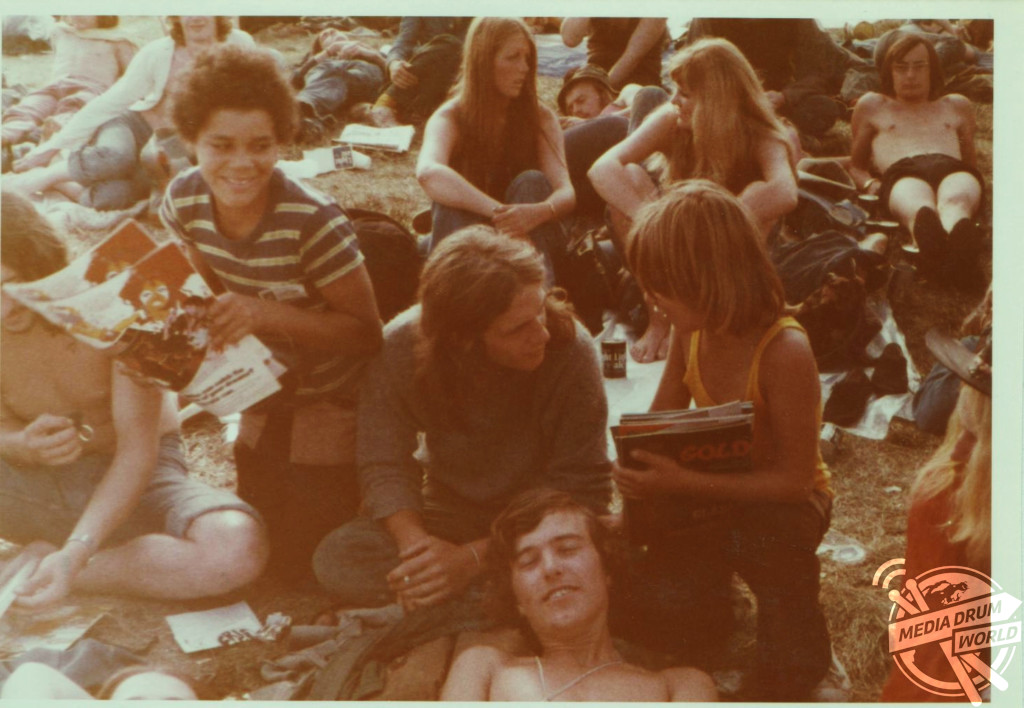
Other incredible images show The Clash on stage at Rock Against Racism in 1978, Phil May of the Pretty things in full flight at the Hyde Park Free Festival in 1968 and Arthur Brown at Windsor in 1967 after being lowered from a crane into the audience wearing a flaming headpiece and painted mask.
In an iconic time when the transformative music scene was inspiring beginner bass guitar players to get lessons, budding drummers to get their first setups, and newbie electric guitarists to practice their headbanging techniques, the magic of this eccentric musical era is seen captured and frozen within these images.
The stunning shots are included in a new book, Memory of a Free Festival, by Sam Knee and published by Cicada Books Limited.
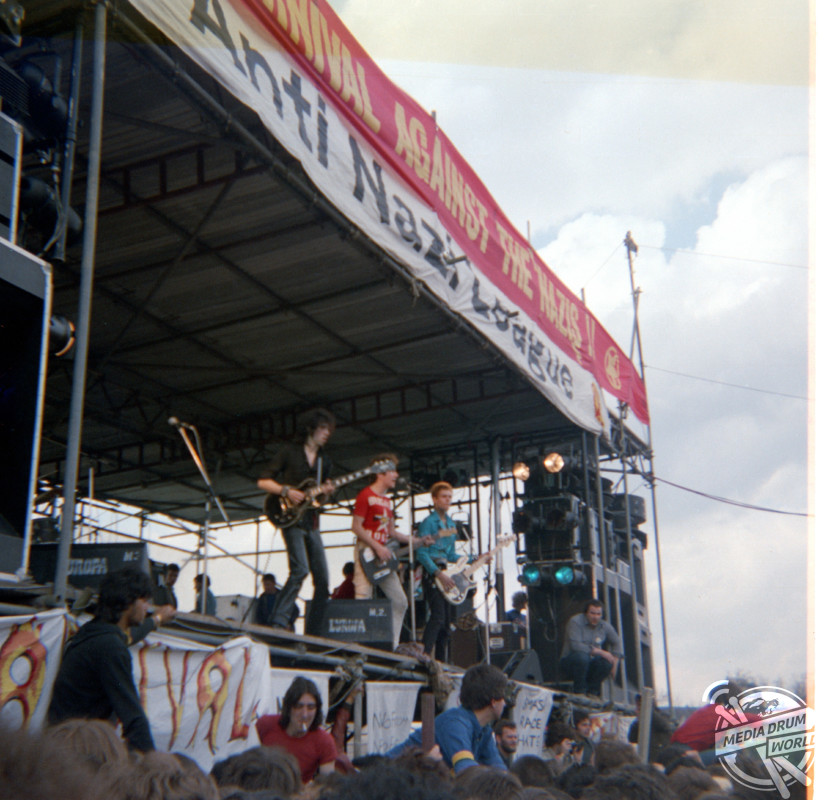
“With roots deeply embedded in British folk history, music festivals were at the heart of countercultural movements from the ’60s to the ’80s,” said Mr Knee in the book’s introduction.
“The free festivals were microcosms of society; overnight cities of tents and polythene shacks – a new Jerusalem taking up temporary residence on England’s green and pleasant land.
“They were sites of multicultural music worship, where fellow fans and youth tribes congregated and intermingled, living off the land, sharing possessions, food, drugs and ideals; connecting with the past, catching glimpses of a feasible future, united in the service of pleasure under the open sky.”
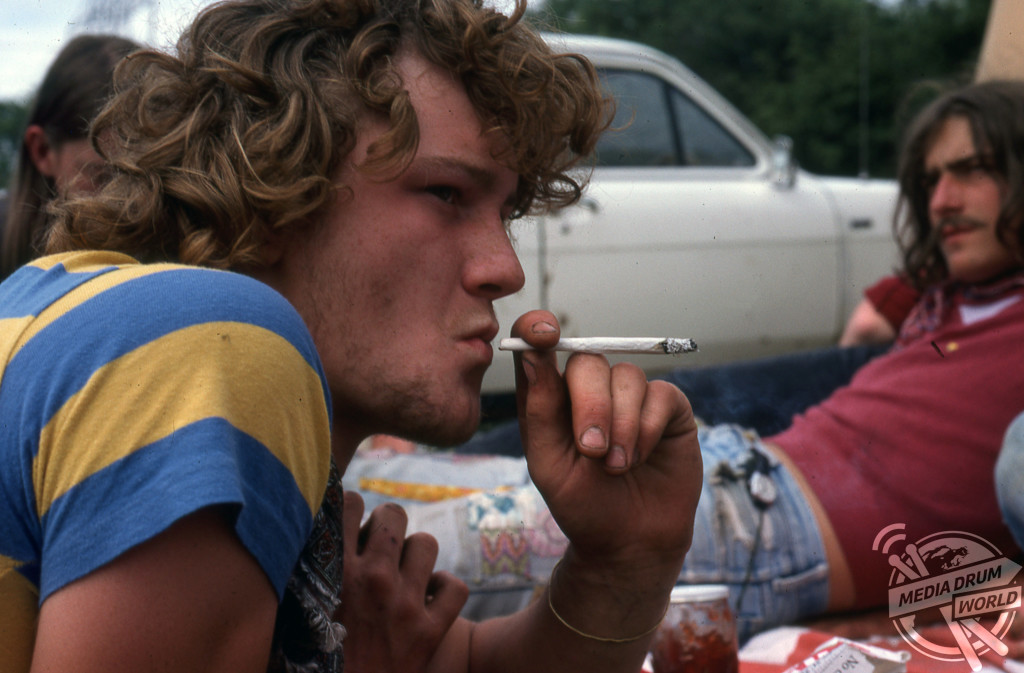
Mr Knee believes the festivals were part of an effort to overcome the various social problems that afflicted the country at that time.
“The apparent frivolity of music festivals is deceptive; it often masked deeper issues around unemployment, racial prejudice and nuclear threat,” he said.
“The festivals were a sometimes naïve but generally earnest attempt at forming bridges to overcome social issues within broader society.
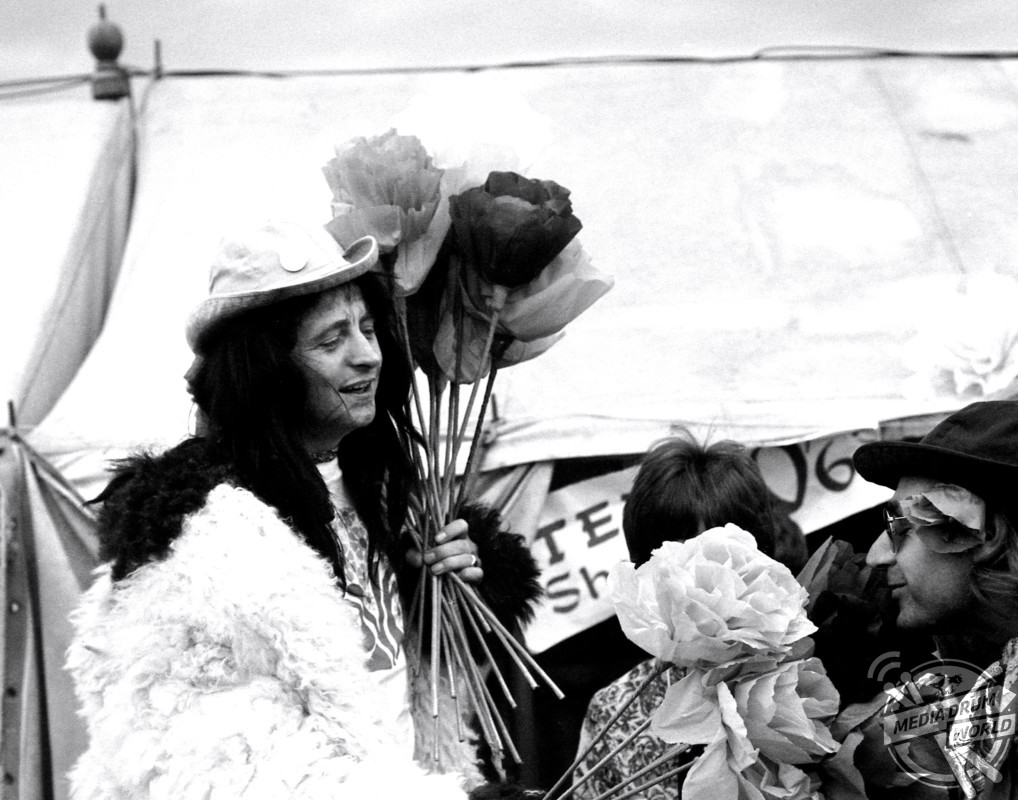
“Although they were largely peaceable compared to, say, sporting events, they were much less socially acceptable.
“The media regularly portrayed the festivals as sordid and filthy, distorting isolated events of discord into an image of rampaging hippy terror, filling the hearts of little Englanders with fear and discomfort.”
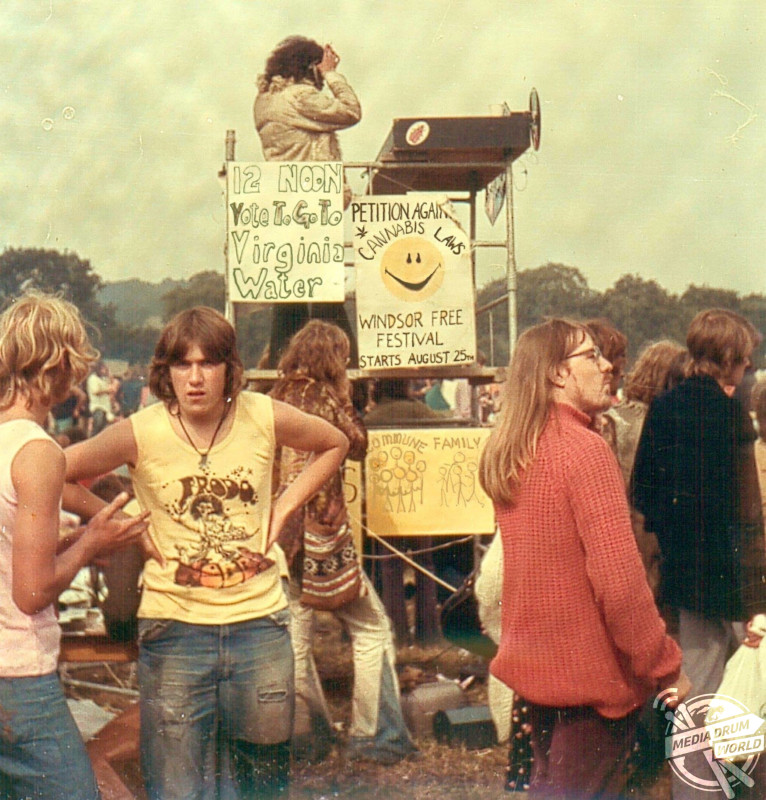
Mr Knee feels there are lessons to be learned from the music festivals of the past and they could provide an inspiration to today’s youth.
“In the turbulent times we’re living through today, it’s important to appreciate how previous generations coped and remained creative throughout political turmoil and state oppression,” he added.
“The legacy of the festivals of yore should be an inspiration for today’s youth to stand up and fight back through peaceful protest, creating a brighter future, reclaiming the counterculture once more.”
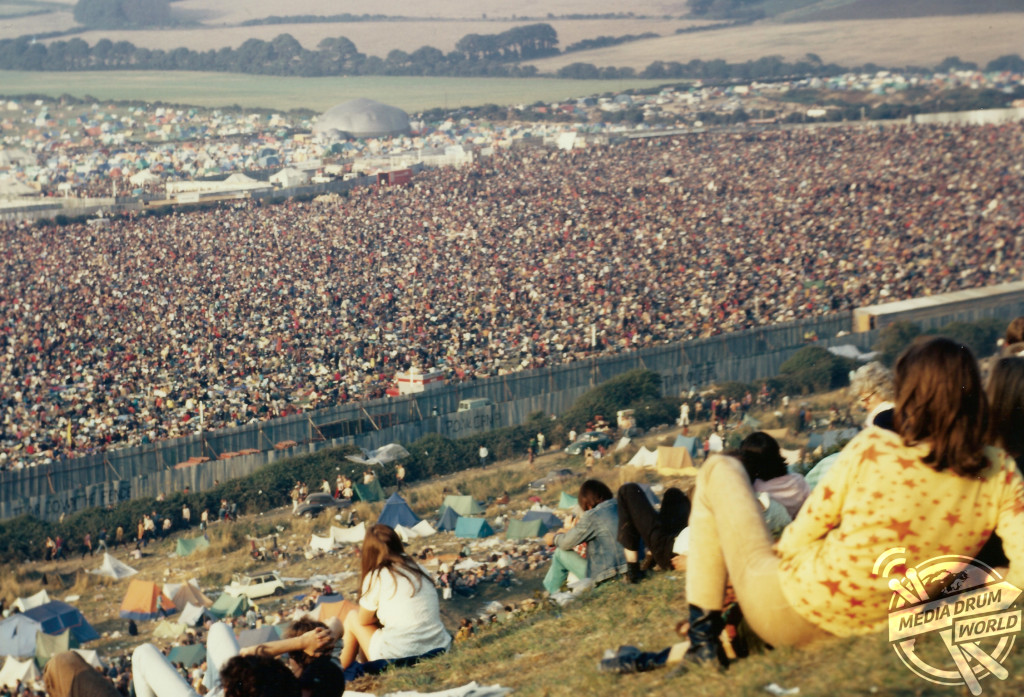
Memory of a Free Festival, by Sam Knee, is published by Cicada Books Limited. A hardcover is available now for £16.95.

